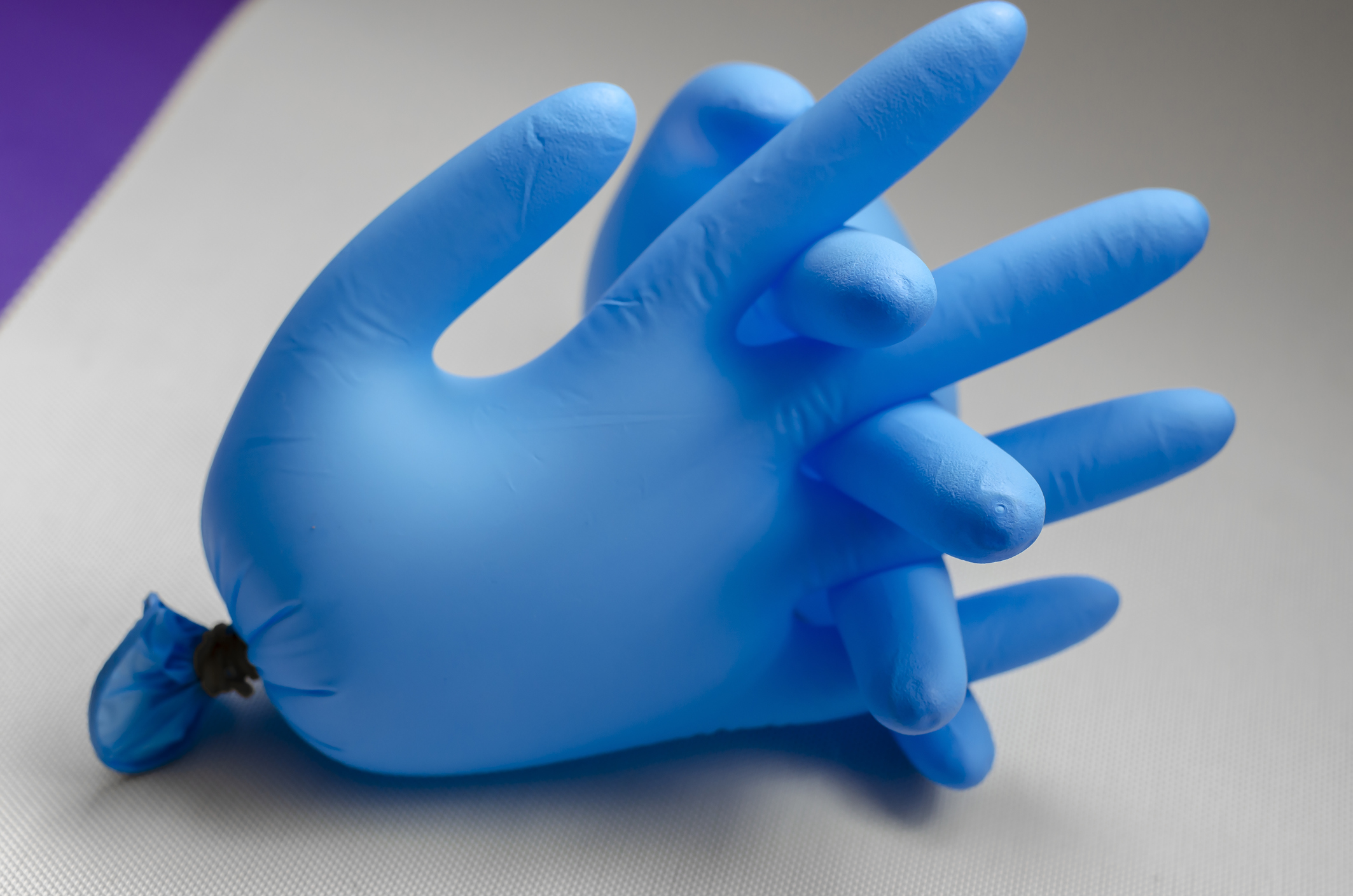With medical supplies and health care staff stretched thin across North America due to the COVID-19 pandemic, many elective surgeries are being postponed, but the term “elective” may not mean that the surgery is not medically necessary. Some heart and even cancer surgeries are being delayed if in doing so, the patient’s outcome will not be made worse.
According to the American College of Surgeons, emergency surgery is performed when there is an immediate threat to life or limb. Everything else is considered elective. For people who have surgery to treat cardiovascular disease or cancer, recovering in hospital during the new coronavirus outbreak could put them at higher risk for serious complications from virus infection.
Although hospitals have strict quarantine protocols for patients with respiratory infections, the Centers for Disease Control and Prevention estimates that as many as 25 percent of people who have contracted Coronavirus Disease 19 do not show any symptoms. Patients entering hospital for elective surgeries could therefore unknowingly transmit COVID-19 to other patients and health care workers.
When can people waiting for surgery expect to be treated? As the first wave of COVID-19 patients was diagnosed, it was expected that hospitals would be overwhelmed for several weeks. But as the curve flattens, hospitals are expected to continue running at or over capacity for the next several months, according to a recent Everyday Health report.
In areas where COVID-19 patients are not overloading hospital resources, people enduring extreme pain may be scheduled for surgery. Among cancer patients, treatment will be still be made available but in some cases, radiation or chemotherapy will be started first and surgery done later if delaying surgery will not impact the long-term outcome. In cases of slow-growing cancers, surgery may be delayed.
People who have had surgery should call their health care practitioners about follow-up appointments which may be carried out virtually to protect vulnerable patients. For more surgical patient information, follow this link to the ACS’s online guide for patients.






Add Your Voice
0 Comments
Join the Discussion